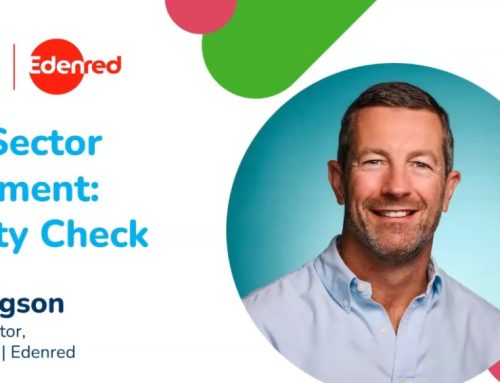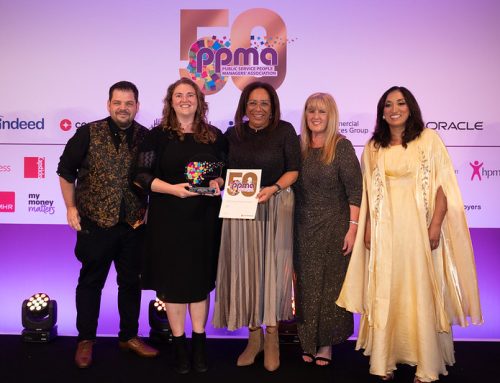
Hello PPMA Members and friends
Our latest blog post has been written by Kirsty Beasley, Head of Client Engagement at our good friends and supporters, Real World Group. In it she explains the importance of making sure that Organisational Development and Communications work hand-in-hand, because culture change only succeeds when it’s clearly and consistently communicated.
As organisations continue to evolve at pace shaped by hybrid working, digital transformation, and rising expectations around inclusion and agility the relationship between Organisational Development and Communications has never been more critical.
Increasingly, we are seeing dual roles emerging across both the public and private sectors, particularly in areas like local government, the NHS, higher education, and purpose-led commercial organisations. These roles reflect a growing recognition that culture change fails to succeed on process alone as it needs clear, compelling, and consistent communication to land effectively.
Organisational Development Relies on Communication to Shift Culture
Organisational Development is fundamentally about influencing how people behave, lead, and connect within an organisation. But behaviour does not shift in a vacuum, it shifts through meaning and that meaning is shaped through communication.
No matter how brilliant a strategy might be, if people do not understand it, believe in it, or see their place within it, it does not stick. That is why effective Organisational Development work must be closely aligned with internal communications, because the words we use, the tone we pitch, and the visibility of leadership all shape how people engage with change.
Why OD Leaders Need Marketing Skills
The most effective Organisational Development professionals today often think like marketers. They understand the importance of tailoring communication to specific audiences, what engages a frontline team will differ from what resonates with executive leaders. They use storytelling to bring abstract concepts like values or “culture” to life, helping people see themselves in the bigger picture.
They also approach the employee experience with the same intentionality a marketing team would bring to a customer journey. Just as brand consistency matters externally, it is just as critical internally ensuring people experience the organisation’s purpose and values authentically and consistently, from onboarding to development conversations.
And they evaluate impact, not just activity. That might include using pulse surveys, cultural feedback tools, or even informal sentiment checks to understand what’s landing and what needs rethinking, just like a marketing team would track engagement metrics and/or campaign effectiveness.
Communication Is the Bridge Between Leadership and Culture
Leadership is central to culture, but communication is what makes leadership visible, relatable, and human. It is not enough for leaders to model behaviours, they need to explain the ‘why,’ share stories, and repeat key messages over time if cultural shifts are going to take hold.
Organisational Development teams often play a significant role in helping leaders do this well. They may support leadership communications, create frameworks for storytelling, or shape the narrative that connects change to purpose. This is where OD overlaps heavily with communications because it is through words, actions, and symbols that change becomes embedded.
Why This Alignment Matters
In public sector settings particularly in healthcare and local authorities OD and Communications often work together out of necessity. These organisations face unique challenges: frequent restructures, policy-driven change, complex stakeholder environments, and a heightened need for trust and transparency.
Final Thought: Communication Is Not just a “Nice to Have”
As organisations adopt technologies like generative AI, the stakes are even higher. It is not enough to introduce new tools or systems, leaders must clearly explain why they are being introduced, how they will be used, and what it means for people. Without that clarity, engagement suffers, and culture can fragment.
In this context Organisational Development and Communications are not just complementary disciplines they are interdependent. Change does not land or become real until it is communicated well. Culture does not shift and evolve unless people are invited into the story and can emotionally connect to where the organisation is going.
In a world where trust, inclusion, and agility are essential to organisational success, OD professionals must be as skilled in authentic storytelling, creating narratives and influencing, just as they are in the frameworks and theory. Because in the end, culture change is not a slide deck or a strategy document. It is a series of authentic conversations, consistently reinforced, that shape how people show up every day.

















